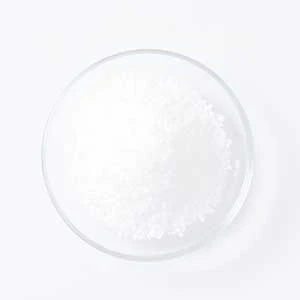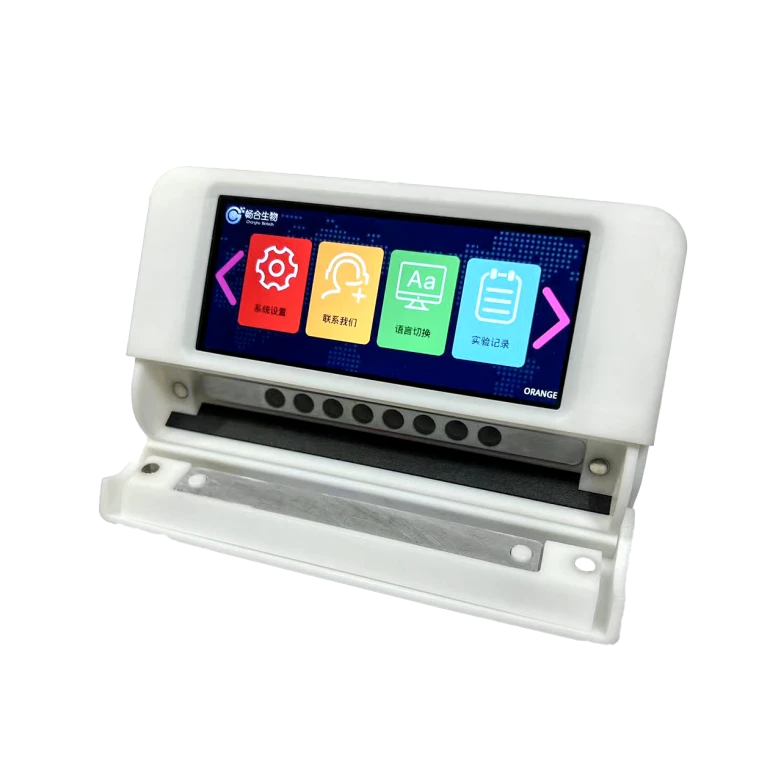
aerosol biology
Aerosol biology is a transformative field that bridges the gap between biological processes and the atmospheric sciences, offering exciting new insights and applications, particularly in the realm of product development. With a growing focus on health and environmental safety, understanding the nuances of aerosol particles—tiny droplets or particles suspended in air—has become more crucial than ever.

The study of aerosol biology involves examining how these particles, containing biological entities such as bacteria, viruses, and fungi, behave, interact, and affect various environments, including human health. In recent years, developments in this field have led to groundbreaking applications in several industries, notably in health care, agriculture, and environmental science.
In health care, aerosol biology has taken center stage, especially following the spread of airborne diseases. By understanding the biological makeup and transmission pathways of pathogens, researchers have developed cutting-edge sterilization and disinfection products. These innovations include aerosol-based disinfectants that can effectively target and neutralize pathogens in the air, reducing the risk of diseases in hospitals, schools, and public spaces. Companies are leveraging this knowledge to create highly efficient air purifiers and filtration systems that combine mechanical filtration with bio-neutralizing agents, ensuring maximum protection against harmful microorganisms.

The agricultural sector also benefits significantly from the insights provided by aerosol biology. The dispersion of biological aerosols plays a critical role in the natural spread of plant pathogens and pollens. Through meticulous research, experts have devised new genotypes of plants and protective sprays that either withstand the effects of pathogen-laden aerosols or reduce their dispersal, thereby safeguarding crops against widespread diseases. This expertise translates into enhanced yield stability and reduced reliance on chemical pesticides, paving the way for more sustainable farming practices.
aerosol biology
Moreover, aerosol biology fosters advances in environmental monitoring and climate change mitigation. Specialists are developing sophisticated sensors and analytical tools to track the dispersion and impact of biological aerosols in the atmosphere. These tools assist in predicting and analyzing patterns related to air quality and climate dynamics. Products arising from this expertise include advanced atmospheric models and air quality management systems that empower authorities to make informed decisions about public health and environmental regulations.
The authenticity of aerosol biology as a scientific discipline is fortified through rigorous peer-reviewed studies and collaborations among leading research institutions worldwide. As experts uncover deeper insights into the behavior of biological aerosols, the development of trustworthy and accredited products becomes more tangible. Companies that focus on research-backed innovations stand out in the market, offering products with verifiable efficacy that stakeholders can trust.
Establishing trust in aerosol-based products is imperative for consumer acceptance. Transparent communication about the science-driven processes and efficacy of these products is vital. Manufacturers are investing in comprehensive testing and certification to not only meet but exceed regulatory standards, thereby ensuring product safety and reliability.
In summary, aerosol biology serves as a cornerstone for revolutionary product development, impacting multiple industries with its specialized knowledge and research-driven innovations. By focusing on real-world experiences, scientific expertise, authoritative research, and transparent practices, the field continues to enhance its impact, offering reliable and effective solutions to some of the world's most pressing challenges.
-
AI-Powered Air Bacteria Sampling w/GPT-4 TurboNewsAug.01,2025
-
AI Air Sampling Bacteria Detection Kit | Accurate & FastNewsAug.01,2025
-
Accurate Air Mold Test with GPT-4 Turbo | Fast ResultsNewsJul.31,2025
-
High-Accuracy PCR Panel for Cats – Fast Diagnosis & Reliable ResultsNewsJul.30,2025
-
Advanced Bioaerosol Detection for Accurate Air and Mold TestingNewsJul.30,2025
-
PCR Panel for Cats - Accurate Feline Diagnostics SolutionsNewsJul.29,2025





